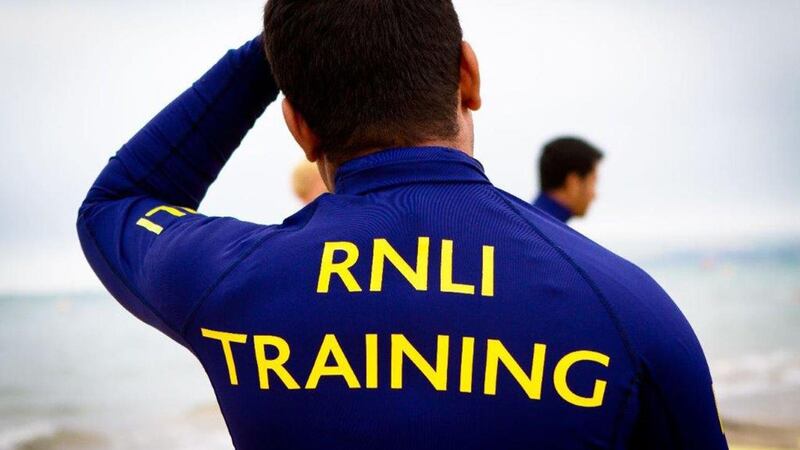Britain’s Royal National Lifeboat Institution has hit out at reports highlighting its funding of burqinis for Muslim women in Africa while staff in the UK are being laid off.
The charity was increasing its budget for overseas programmes while at the same time preparing to cut 135 jobs in Britain, The Sunday Times reported.
One project that benefited from the more than 10 per cent increase in funding in the past year was the Panje Project in Tanzania, which provided women and girls with burqinis while teaching them to swim, the paper reported.
“We currently spend less than 2 per cent of the RNLI’s total annual expenditure on our international drowning prevention activity and we actively seek donations specifically for this work,” the lifeboat institution said.
The RNLI said providing burqinis was a “way of enabling girls in strict Muslim countries to get into the water without compromising their cultural and religious beliefs”.
“The RNLI has been involved in the Panje Project, with the majority of the RNLI’s involvement funded by a donor who specifically wanted the money to go towards this project,” the UK charity said.
The UK charity, which has reportedly increased its foreign expenditure from £1.1 million (Dh5m) to £3.3m over the past five years with a further increase of £400,000 this year, was also criticised for funding creches in Bangladesh.
Andrew Bridgen, a Conservative MP, urged the charity to rethink its priorities.
“At a time when income is down and demand is increasing in the British Isles, it should be sticking to its core priorities or it could have a detrimental effect on UK giving,” Mr Bridgen said.
In response, the RNLI pointed out the profound effect of its work overseas.
The creche places, for example, reduce a child’s risk of drowning by 82 per cent.
“We do not consider this political correctness," the institute said.
It's swimming schemes like this one in Bangladesh the @RNLI has helped devise. A country where around 40 children drown every single day. They work with local groups and use their expertise to teach others essential skills. They should be admired not criticised pic.twitter.com/YIVuoFngPQ
— Becky Horsbrugh (@BeckyRLH) September 15, 2019
"We are a charity that our volunteers, supporters and those we rescue can trust to do the right thing, whether that’s rescuing those in peril, keeping our volunteers safe or making sure anyone who is part of the RNLI feels welcome and valued."







